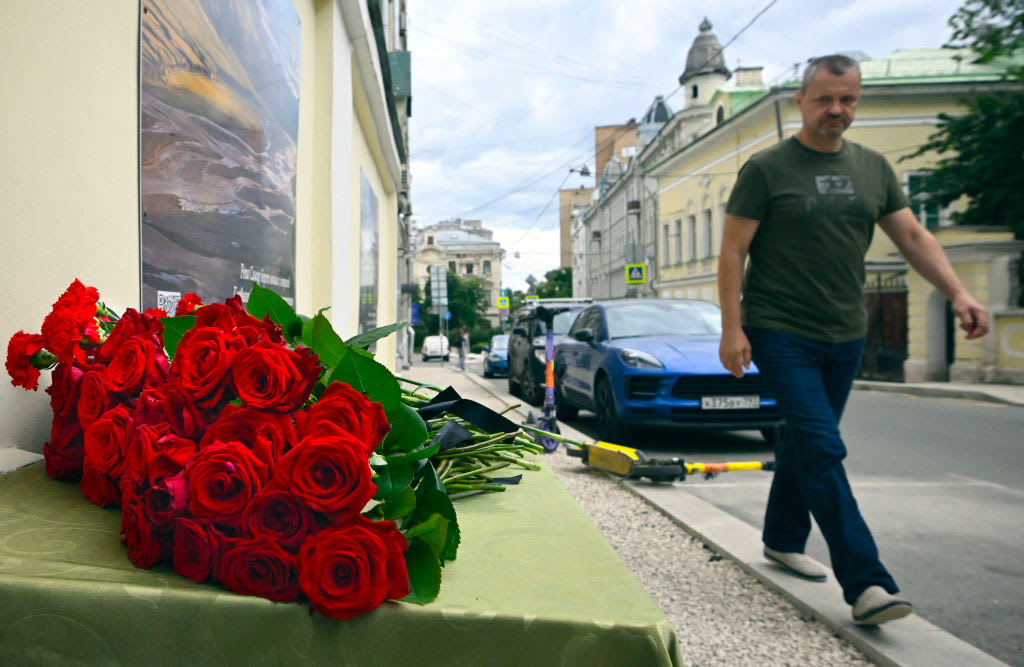
In the southern Russian region of Dagestan, at least 20 people were killed and several more were injured in a series of coordinated attacks on synagogues and Orthodox churches in Derbent and Makhachkala on June 26, 2024. The attacks came less than three months after an attack by gunmen from an Islamic State splinter group at a Moscow-area concert hall killed 145 people and injured hundreds.
According to reports, multiple gunmen opened fire on synagogues and Russian Orthodox churches in Derbent and Makhachkala using automatic weapons. In Derbent, a Volkswagen Polo was used by the suspects in the attack and was seen fleeing the scene. In Makhachkala, terrorists targeted two more synagogues and two Russian Orthodox churches.
At least 15 law enforcement officers were among those killed in the attacks. A Russian Orthodox priest was also killed in Makhachkala, and one of the Orthodox churches there was set ablaze. Following the attacks on houses of worship, a long gun battle erupted between police and the suspects in Makhachkala, resulting in at least six militants being killed.
The attacks follow a pattern of extremist violence that has plagued Dagestan for years. The region is Russia's most diverse but volatile regions with over 30 recognized ethnic groups and 13 local languages granted special status alongside Russian. About 95% of the population identifies as Muslim, but the region also has long-standing Christian and Jewish communities.
No group has claimed responsibility for the attacks yet, but ISIS-K, the Russian branch of the Islamic State splinter group, praised the assault and called it a response to their call. The Russian Investigative Committee has opened a criminal probe into 'acts of terror'.
Sergei Melikov, the Kremlin-appointed head of the Republic of Dagestan, called the attacks an attempt to tear apart unity in Dagestan.
The attacks come amid heightened tensions between Russia and its neighbors over Ukraine and NATO expansion. Some Russian officials have blamed external forces for the violence in Dagestan, but there is no evidence to support these claims.







